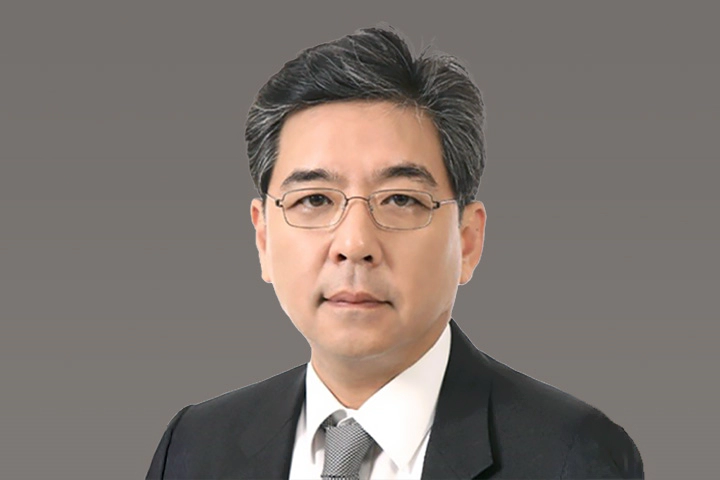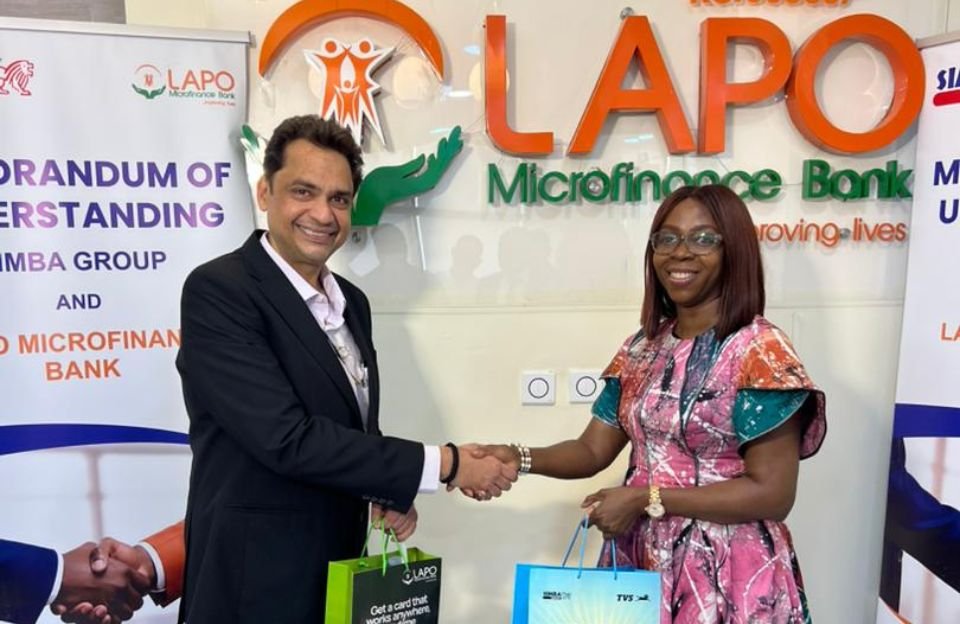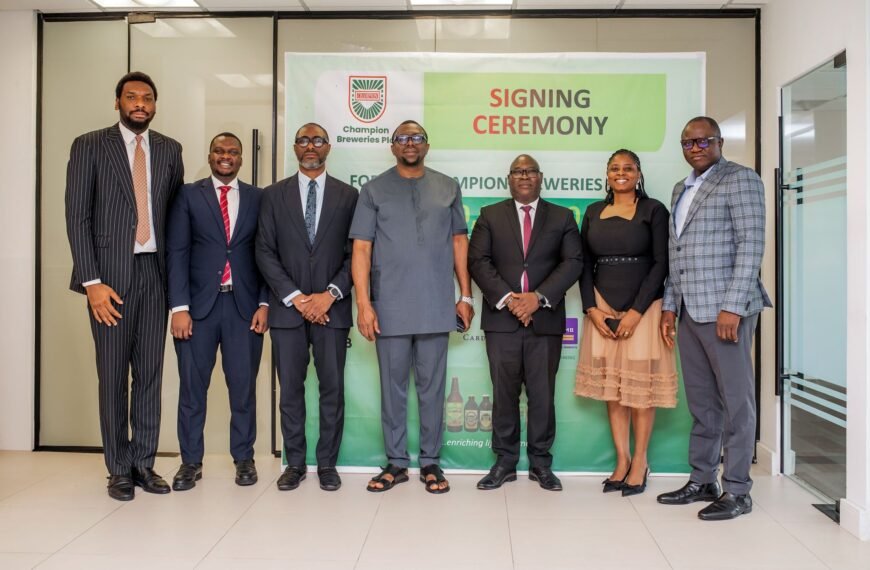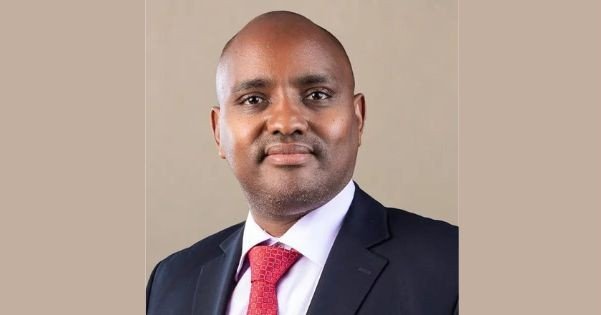

Global: Hyundai aims for a 30% sales increase by 2030
Hyundai Motor (005380.KS) announced on Wednesday its ambitious goal to achieve annual global sales of 5.55 million vehicles by 2030, marking a 30% increase from 2023. The company plans to double its hybrid vehicle lineup to address the slowing demand for electric vehicles (EVs) worldwide.
Additionally, the South Korean automaker revealed its plan to repurchase up to 4 trillion won ($3 billion) worth of stock between 2025 and 2027. It also committed to paying a minimum of 2,500 won per share in quarterly dividends, part of a strategy to return 35% of its profits to shareholders—an increase of 10 percentage points from its current policy.
“Recently, the speed of conversion to electric vehicles has been slowing. As a result, demand for hybrids is increasing, and hybrids are becoming a basic option rather than an alternative to internal combustion engines,” said Hyundai Motor President and CEO Jaehoon Chang.
Hyundai said it planned to double its hybrid lineup to 14 models as it expected a surge in hybrid demand, especially in North America. It did not provide a timeline for the release of the new cars.
Hyundai could start producing hybrid cars at its new Georgia, U.S. plant in the first quarter of 2026, global Chief Operating Officer Jose Munoz told reporters, adding about one third of the plant’s production capacity could be for hybrids when the factory is at full capacity.
Hyundai is charting a unique course compared to its global competitors by expanding into the relatively new hybrid segment known as the extended-range electric vehicle (EREV). This segment, while popular in China—the world’s largest auto market—has yet to gain widespread global acceptance.
An EREV differs from plug-in hybrids by using a larger battery pack, allowing it to run exclusively on electricity. Its gasoline engine acts as a power source to recharge the batteries when they deplete, rather than directly driving the vehicle.
Hyundai announced plans to begin mass production of EREV models in North America and China by the end of 2026, aiming to offer these vehicles at competitive prices compared to EVs. These EREVs will have a driving range of over 900 km (559 miles) on a full charge, serving as an important transitional technology toward full electrification.
In China, where Hyundai has faced challenges due to fierce competition from agile domestic brands, the company plans to sell 30,000 EREV units by focusing on compact models. In the U.S., Hyundai aims to sell 80,000 EREV units, starting with large SUVs and the Genesis luxury brand.
Additionally, Hyundai revealed that it will make its autonomous driving platforms and technology available to other companies interested in producing self-driving vehicles.
Hyundai, which recently reported record-breaking quarterly profit and revenue, stated that its enhanced shareholder return policy will be financed through its operations. The company is targeting an operating margin of 9-10% by 2027, with expectations to exceed 10% by 2030.
“By launching hybrids, EVs, EREVs differentiated from other brands, we plan to improve both average profitability and operating margins for each powertrain,” said CFO Seung Jo Lee.
“We will continue to pursue a profit-oriented strategy to achieve a mid- to long-term operating margin of 10% or more, which is the basis for the expansion of the shareholder return policy,” Lee said.
It said it will update the market on where it will use the proceeds of an initial public offering of its India operation once the deal is completed. Sources have told Reuters Hyundai aims to raise around $2.5-$3 billion from the IPO.
















